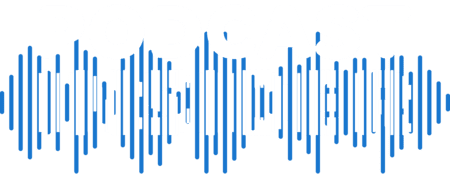At Blubrry, we know well that fair use in the United States copyright law is an important tool in upholding our content creators’ rights to freedom of expression. United States copyright law also understands this, and the doctrine allows limited use of copyrighted material without getting permission from the rights holders.
“At Blubrry, we absolutely respect copyright law,” explains Todd Cochrane, CEO of RawVoice, Blubrry’s parent company. “We also respect fair use, its necessity and value when used properly within content creators’ shows.”
Examples of fair use could include commentary, criticism, parody, news reporting, research, teaching and scholarship. The U.S. Copyright Office explains fair use allows for the legal, unlicensed citation or incorporation of copyrighted material in another author’s work under a four-factor balancing test.
- Purpose and character of the use, including whether the use is of a commercial nature or is for nonprofit educational purposes
- Nature of the copyrighted work
- Amount and substantiality of the portion used in relation to the copyrighted work as a whole:
- Effect of the use upon the potential market
Stanford University Libraries points out, however, that the factors are simply guidelines; a judge has freedom when making a fair-use determination, so the outcome in a case can go either way. Because Blubrry is an American company, it follows U.S. laws concerning copyright and fair use. And because all the shows hosted on Blubrry are owned solely by the content creators, it is up to the podcasters to ensure they are following copyright and fair use laws.
“We’re aware of other podcast hosts that employ a pull-it policy that states if any rights holder asks that an episode be pulled claiming copyright violation without regard to fair use, the episode is removed and the content creator (hopefully) receives a notification of why, but has no recourse to get it re-listed,” Cochrane said. “This is shortsighted and runs contrary to our podcasters’ rights.”
What if you are writing a counterpoint concerning an outlandish political piece? It’s a tad difficult to prove your point without calling out specific statements from the original article. And a parody can’t be a parody without content to work from. Or what if you use inadvertently captured copyrighted material when you were recording something else? All these could be allowable under fair use.
At Blubrry, fair use is fair use period.
More information:
We encourage all podcast and content creators to education themselves on Fair Use and Copyright laws. These links are helpful for understanding what is allowed in the United States.
- http://copyright.gov/fair-use/more-info.html
- http://en.wikipedia.org/wiki/Fair_use
- https://wiki.creativecommons.org/Podcasting_Legal_Guide
- https://theaudacitytopodcast.com/tap077-copyright-laws-for-bloggers-and-podcasters/
- http://fairuse.stanford.edu/overview/fair-use/cases/#music_cases





